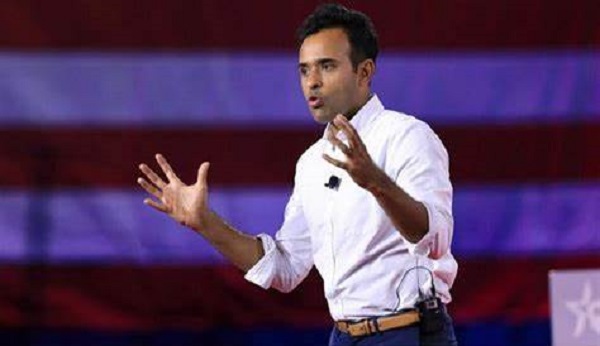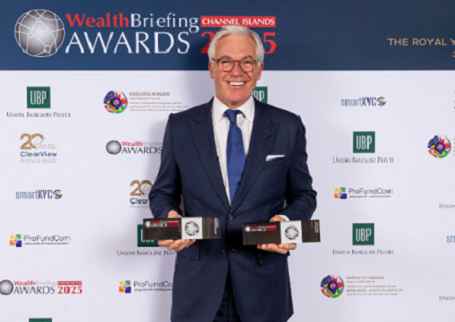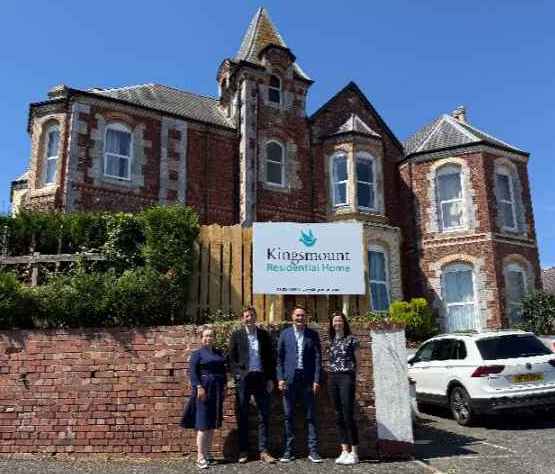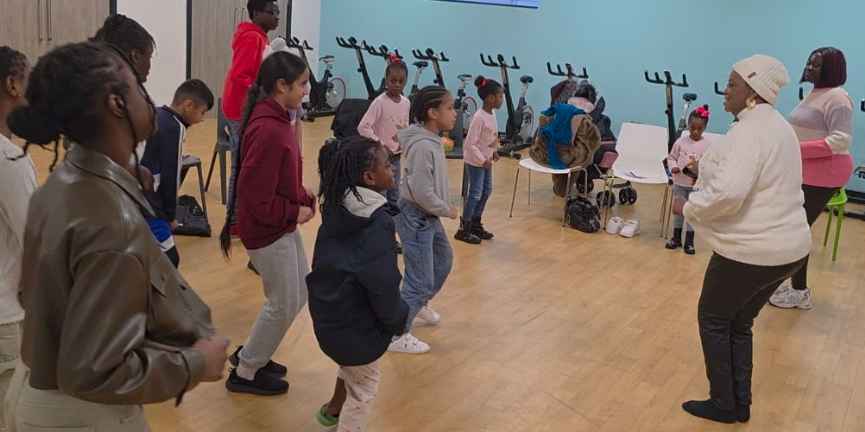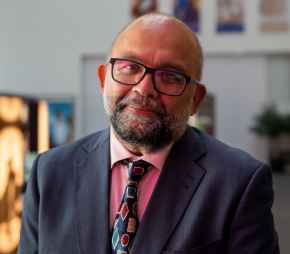Two of the three Republicans who have announced plans so far to enter the US presidential race are Indian-Americans. While Nikki Haley is a familiar name, surprise candidate Vivek Ramaswamy is much less well known. California-based journalist Savita Patel assesses his chances and whether he could bring change.
Mr Ramaswamy, a multimillionaire entrepreneur and author of the book Woke, Inc., announced his presidential bid on 21 February with an appearance on a Fox News show and a video laying out his political views. He wants to launch a "cultural movement to create a new American dream" based on the "pursuit of excellence" - and he says "diversity is meaningless if there's nothing greater that binds" people.
The 37-year-old, who was born in Ohio, studied at Harvard and Yale, earned his millions as a biotechnology entrepreneur and then founded an asset management firm.
He's been vocal about his disdain for what he calls the corporate world's "wokeism" on racism and climate, claiming it hurts both businesses and the country. He's particularly opposed to ESG (environment, social and corporate governance) initiatives, by which a company's social and environmental impact is measured.
He also renounces affirmative action in higher education and wants to reduce US economic dependence on China.
Mr Ramaswamy's views have resonated with some, like fellow Republican Vikram Mansharamani, who ran for the US Senate from New Hampshire in the 2022 mid-terms, and met Mr Ramaswamy recently during the latter's visit to the state. Mr Mansharamani describes his Indian-American peer as being "very impressive, articulate and thoughtful", and says that their views to "unify rather than separate America" align.
"Identity politics has taken root in the US and that has come with a divisive tendency rather than a unifying tendency. We should build on what we have in common," he says, adding that his family also hosted Nikki Haley in New Hampshire recently.
But there are Indian-Americans on the other side of the political divide who don't agree with Mr Ramaswamy's politics and feel his campaign lacks depth.
Democrat Shekar Narasimhan, founder and chairman of the AAPI (Asian Americans and Pacific Islanders) Victory Fund, says that while he is happy to see more Asian-Americans gain prominence in politics, he isn't confident about Mr Ramaswamy's ideas.
"He is a business guy and has a clean slate, but what are his promises?" Mr Narasimhan asks. "Does he care about medical care for the elderly? What are his plans for infrastructure spending? He doesn't have fixed positions and has not articulated his policies yet."
He refers to the campaign as "Quixotic", suggesting Mr Ramaswamy believes "he has something to say and running for president might make him get heard". Mr Narasimhan also questions if his fellow Indian-American has "sufficiently accepted and acknowledged his heritage" instead of "acting like it is irrelevant".
Many community members who have supported Republicans for years say they had not heard of Mr Ramaswamy until he entered the race.
"I have never met him. I am told he has the money and is quite well-spoken, but he will be one of many candidates. He doesn't have much chance," says Dr Sampat Shivangi, a well-known Republican party supporter and fund-raiser.
Others agree.
"If he [Ramaswamy] had not thrown his hat in early, no one would be asking about him," says hotelier Danny Gaekwad, who has raised funds for all Republican presidential candidates since George W Bush.
Though Mr Gaekwad admires Mr Ramaswamy's courage in running for president, he says that it's important for him to have a strategy - one that "has something for Indian-Americans".
He also adds that it is early days yet, pointing out that there could be two formidable candidates in Florida alone - referring to Governor Ron DeSantis, who has yet to formally announce a White House bid, and former President Donald Trump, who has.
Indian-American Republicans are predicting a "three-way race between Mr Trump, Mr DeSantis and Ms Haley" and prefer to wait instead of forging early alliances, especially as there is still uncertainty around the former president's legal battles.
Mr Shivangi says that he admires Ms Haley's aggressive campaigning style and would support her in case Mr Trump is forced to withdraw from the race. "Mr Trump has 40% ratings and Ms Haley is in single digits, but she is our candidate. Her being Indian-American is the main reason why we are close to her," he says.
Irrespective of political differences, the Indian-American community is happy about the sharp increase in their political participation, especially over the last three election cycles, and is proud of the rise of another of their own.
"A beautiful thing is happening: Indian-Americans are coming to the forefront," Mr Gaekwad says, adding that the latest bid could encourage more Indian-Americans to run for elections even at the local level.
Even political opponents agree with that.
"If our children see Americans with a name like Ramaswamy run, and a Khanna or Krishnamoorthi can win, that's a good thing," Mr Narasimhan says.



